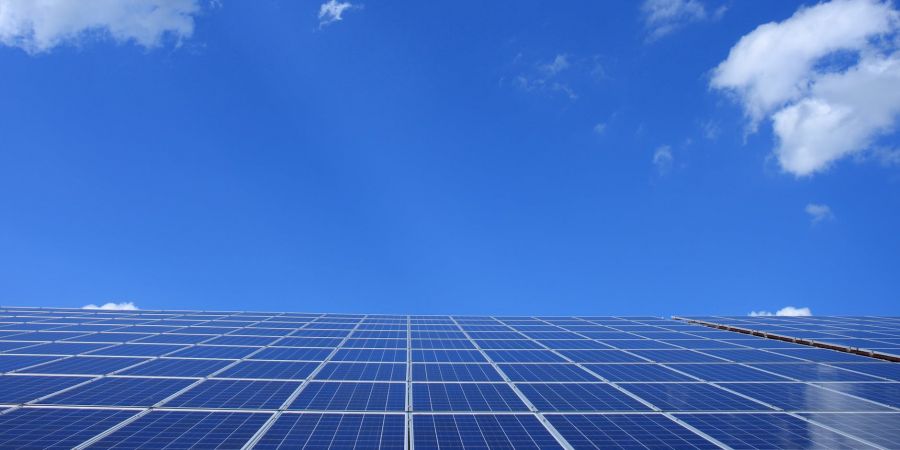

The world is on the threshold of a solar revolution. This acknowledgment is an energy source, making it essential as accessible energy to advance international climate action. Solar energy is playing an important role in not only ensuring energy access and energy security in developing countries but also facilitating the transition to energy sources in developed countries through battery energy storage, electric vehicle charging infrastructure, and hydrogen production.
Despite the technical superiority over other energy technologies in terms of cost, easy maintenance, easy structure change, various applications, etc., solar power generation remains a significant challenge that needs to be addressed. Globally, the photovoltaic (PV) manufacturing supply chain is concentrated in a few countries, resulting in rapid price increases recently, after being constrained by existing limited supply chains.
These disruptions have also raised many important questions. There has been a record increase in the prices of commodities due to the Covid-19 crisis and multilateral challenges. import of raw materials and manufactured goods, which are important for energy security, but some.
Due to the high dependence of the countries, the attention of these countries has been focused on solar energy. The additional challenge is related to the procurement of solar panels. It is estimated that these will need to be procured at five times the current capacity in the future, so we need to create a diversified supply chain.
The best way to support the development of solar PV manufacturing projects is to directly support various factors related to the cost of production through financial incentives, such as tax exemptions, low-cost financing or direct subsidies (for example in land or infrastructure). Investment ). Obviously, this will require more investment. India has recently successfully implemented the Generation Linked Incentive (PLI) scheme to encourage solar PV manufacturing.
It will set up and operate manufacturing facilities that will span the entire production cycle including the manufacturing of polysilicon, ingot, wafers, cells, and high-efficiency panels. The long-term financial stability of the solar PV manufacturing sector is critical for rapid and cost-effective clean energy generation.
Due to the longer time taken from project inception to product sales, there is an increased risk of supply and demand imbalances, which can lead to cost escalation and supply shortfalls. In the solar PV sector, net profit margins for all supply chain segments have been uncertain and volatile. Hence the weaknesses of all the sub-sectors of this business need to be controlled through supportive policies.
Mutual cooperation between countries will be the basis for change in sources of energy production and an increase in investment and green employment opportunities.






